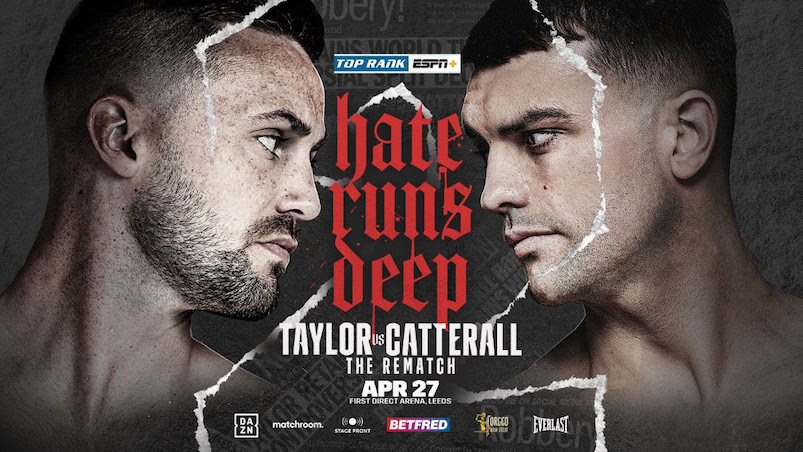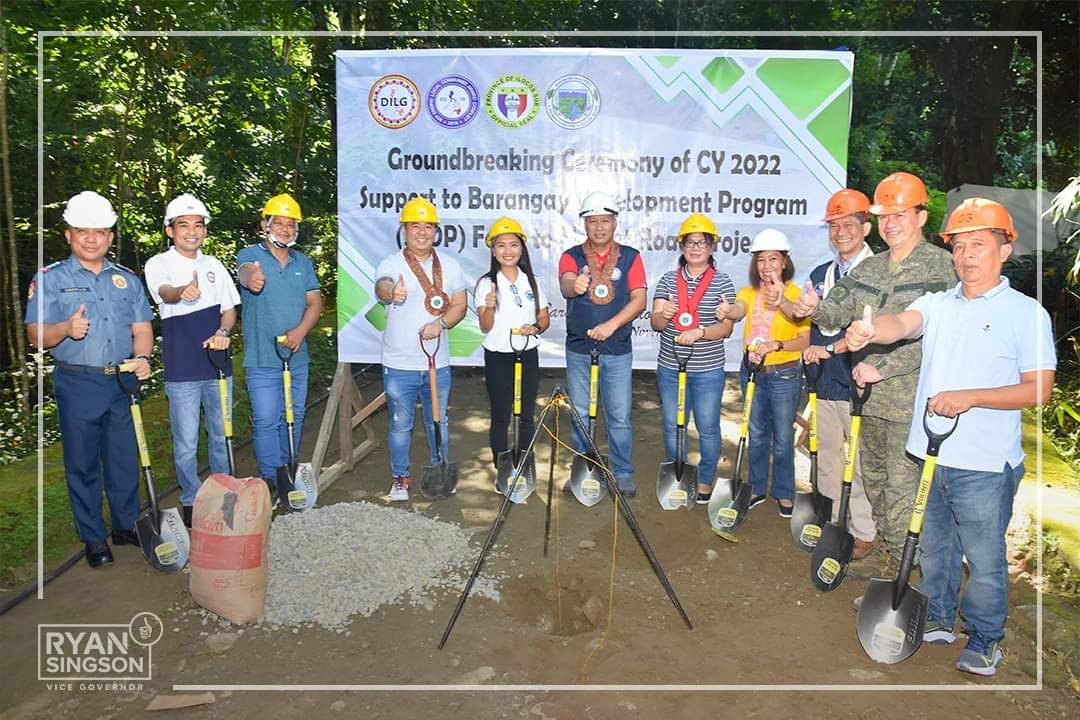I hope that we don’t make Megan Rapinoe into more than what she is. I hope that we don’t elevate her to something beyond human. Into someone infallible. Once she becomes a hero or a god, once she is seen as a leader of the masses, she will be boxed into a set of behaviors that she must adhere to. She will be confined into conforming into the idea of herself rather than being herself, which will only set up her eventual downfall.
Rapinoe is already described in terms that are often considered neutral, but morph into sinister, claustrophobic labels when used by her detractors, such as “patriot” and “role model.” Those detractors seek to denigrate her by painting her as a divisive figure. In an effort to defend her from these attacks, it is vital we do not depict her as a morally perfect being, which will inflict the same damage wrought as those who despise her.
We also can’t elevate her as perfect, because we don’t have a personal relationship with her. Few of us actually know Rapinoe beyond the performance of self she puts on while in the public eye. Only her family, teammates, closest friends, and her girlfriend, Sue Bird, can truly speak to who she is. And even then, they still only know her as she wants them to, in relation to themselves, in the capacity of their relationship, which is still not the full picture of who she is. If there is such a thing.
All of us perform, becoming different versions of ourselves depending on who is watching; that performance in itself is intriguing. This performance isn’t false, necessarily, but rather a needful adaptation to the demands of our situations — we are what we are because of where we are — and more importantly, an attempt to play out our own idealized version of ourselves — we are who we are because this is who we wish to be.
Everyone wears masks, and as Alan Jacobs wrote, “Sooner or later — and often sooner — the face becomes indistinguishable from the mask.”
Rapinoe is not excluded from that performance, but who she chooses to be in front of us, the public Rapinoe, cuts a wonderful figure to her fans. What is perhaps most fascinating about her, before and throughout this World Cup run, is her clarity and her boldness. She says things that others are afraid to speak about, and she says them in such a clear way that the meaning is unavoidable. People have described her as arrogant and cocky, but both terms suggest a self-delusion about one’s own capabilities and importance, a delusion it feels unlikely Rapinoe possesses.
Rapinoe has never claimed to be the greatest living human being, or the best player in the world. She’s not given the impression that she believes herself to be some grand political figure. She usually just says the honest thing, without all the obfuscations we’re used to, and often demand, from public figures and ourselves. Clarity is often both refreshing and uncomfortable. It makes us look directly at things that we wish to hide away.
That same clarity and boldness was evident years ago when she joined Colin Kaepernick’s protest against police brutality. What impressed went beyond the action of the protest itself: She did not co-opt it for her own use, but because of her identity as a lesbian, she understood, to an extent, what it meant to not have her liberties protected, and she knew that Kaepernick’s fight was one that needed support from white people as well:
I know what it means to look at the flag and not have it protect all of your liberties. It was something small that I could do and something that I plan to keep doing in the future and hopefully spark some meaningful conversation around it. It’s important to have white people stand in support of people of color on this. We don’t need to be the leading voice, of course, but standing in support of them is something that’s really powerful.
That honest attitude seems to extend to her position on all things, whether it’s something as big as a protest or as small as a celebration. When Alex Morgan was criticized for her tea-sipping gesture after scoring against England, Rapinoe said:
Wah, wah, wah. We’re at the World Cup. I don’t think anyone truly believes we disrespect the game or our opponents. What do you want us to do? We work hard, we like to play hard.
This blunt dismissal of what was such an obvious over-reaction indicts the sensational media landscape that engineered the controversy, and reinforces the restrictive ideas that shape many beliefs around what female footballers should and should not be. Of course they weren’t disrespecting the game or their opponents; the US women’s national team has been a driving force pushing the women’s game forward. The players are under no obligation to play into the ideas of respectability that burden female athletes — that any action that isn’t perfect and positive is a detriment and indictment to the game as a whole. The burden for them to exist solely as inspiration for little girls everywhere.
Rapinoe’s most (in)famous comment came before the World Cup, when she was asked whether the USWNT would visit the White House if they won the tournament. It’s not just her saying, “I’m not going to the fucking White House,” but the incredulous sound she makes beforehand, that speaks volumes.
Why would Rapinoe, as a gay woman, as someone whose identity is under attack by the current administration, and as someone who has routinely demanded love for and inclusivity of all persons, who has asked for people and for the world to be better, go to the White House to be used as a photo-op for a man who is against all of those ideals? The question may have been innocuous, but given Rapinoe’s history, it came off as naive.
And so in just a few seconds, she condemns the current administration and everyone who has routinely used the excuse of respecting the office of the presidency to side-step individual moral responsibility.
Her speech at the end of the USWNT victory parade in New York neatly summarizes the public Rapinoe, and everything she stands and wants to stand for. In it, she said:
We have to be better. We have to love more, hate less. We got to listen more and talk less. We got to know that this is everybody’s responsibility. Every single person here, every single person who’s not here, every single person who doesn’t want to be here. Every single person who agrees and doesn’t agree. It’s our responsibility to make this world a better place…
This is my charge to everybody: Do what you can. Do what you have to do. Step outside yourself. Be more, be better, be bigger than you’ve ever been before. If this team is any representation of what you can be when you do that, please take this as an example. This group is incredible. We took so much on our shoulders to be here today, to celebrate with you today, and we did it with a smile. So do the same for us, please, I ask you.
She mentions responsibility twice. That we have a duty to the world and to the people that we love. That duty suggests love should be an active undertaking, rather than a passive emotion. That love requires holding people and the world accountable, instead of using it as a shield to sit back and accept the state of the world.
Rapinoe loves the United States, so she calls out the ways that it fails to live up to its ideals. She loves women’s soccer, so she calls out the ways that it restricts the personalities and the sheer humanity of its athletes. She loves those people whose identities and persons are under attack by those in power, so she refuses to be used as a prop for that same administration. And she says and does all these things in such a clear, direct manner that it makes everyone who would rather not see these problems uncomfortable.
It seems inevitable that Rapinoe will become a hero and a godlike figure; she’s not immune to the process that every great athlete is forced through. And she seems more than most to have the unshakable clarity and confidence to deal with that position.
But we must take heed of what she’s consistently asked of us. Not to adore her, but to build upon her example and hold the world around us accountable. To challenge those in power and to stand by the most vulnerable. By stating we have a responsibility to love the world, Rapinoe exposes our individual moral failures in that regard. It would be a shame if, in an act of cowardice, we hid behind her, rather than stepping forward and continuing her fight.





